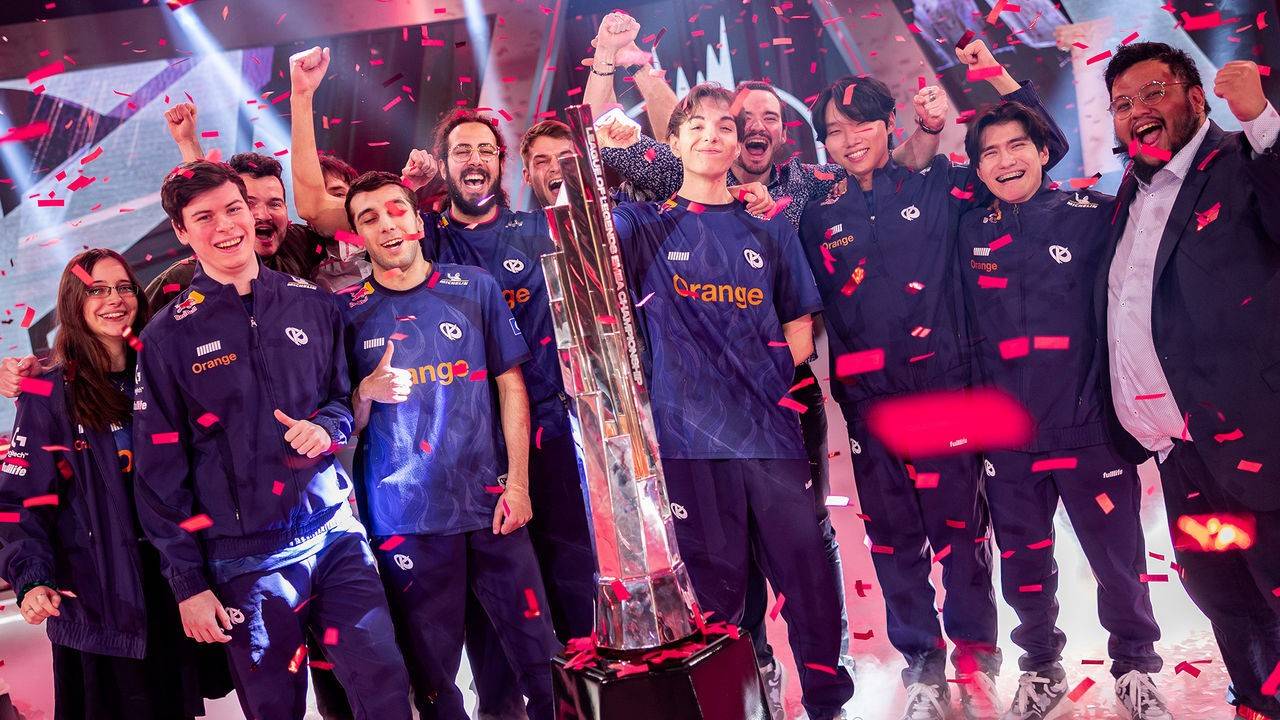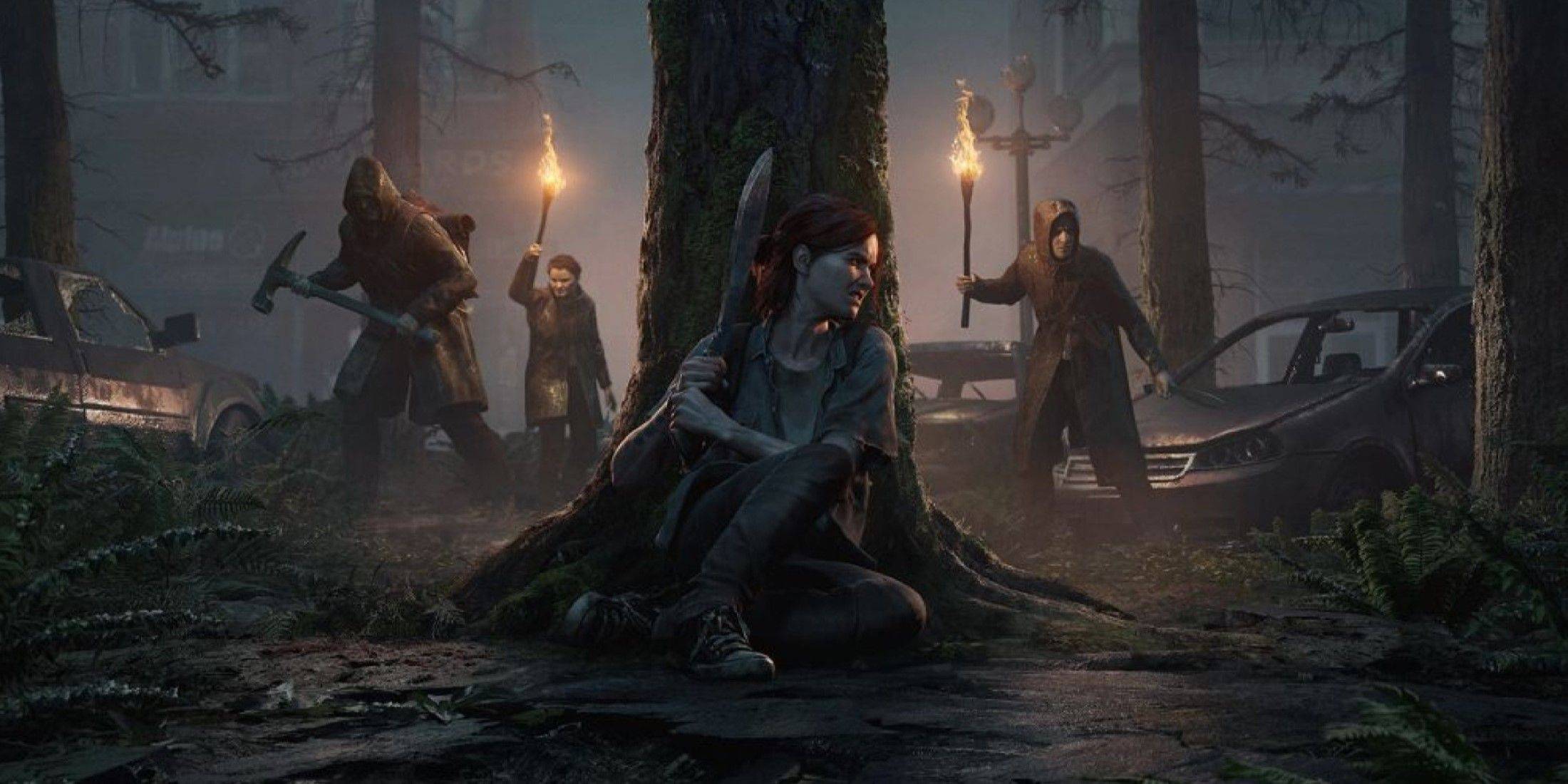"AAA" Term Deemed Silly by Many Game Developers, Industry Inefficiency Highlighted
- By Sophia
- Apr 20,2025

In the evolving landscape of the gaming industry, the once-prestigious label "AAA" is increasingly seen as outdated and irrelevant. Originally, the term was used to signify games with massive budgets, top-notch quality, and a low likelihood of failure. However, today, it's often associated with a race for profits that sacrifices innovation and quality.
Charles Cecil, co-founder of Revolution Studios, has labeled the term "AAA" as “silly and meaningless.” He argues that the industry has undergone a transformation, particularly as large publishers began pouring enormous sums of money into game development, but not necessarily for the better. “It's a silly term, it's meaningless. It's a legacy of a time when things were changing, but not for the better,” Cecil stated.
A prime example of the pitfalls associated with the "AAA" label is Ubisoft's Skull and Bones, which the company ambitiously branded as a “AAAA game.” Despite a decade-long development process, the project ended in disappointment, highlighting the emptiness of such labels.
Similar criticism has been directed at other major publishers like EA, with both players and developers accusing them of prioritizing mass production over the genuine interests of their audience.
In contrast, indie studios are frequently delivering projects that resonate more deeply with gamers than many "AAA" titles. Games like Baldur's Gate 3 and Stardew Valley exemplify how creativity and quality can outshine even the largest budgets.
There's a growing consensus that a focus on profits is stifling creativity within the industry. Developers are increasingly hesitant to take risks, leading to a decline in innovation among big-budget games. To recapture the interest of players and inspire the next generation of creators, the gaming industry must reconsider its approach and prioritize creativity and quality over mere financial gains.
Latest News
more >-

- inZOI Bug Fix Stops Child Collisions
- Dec 30,2025
-

- MageTrain Releases Spellcasting Game for Mobile
- Dec 29,2025
-

-

- Prime Youth Offer: A Top Deal I Miss As An Adult
- Dec 27,2025
-

- LoL First Stand 2025: Why It Matters
- Dec 26,2025



